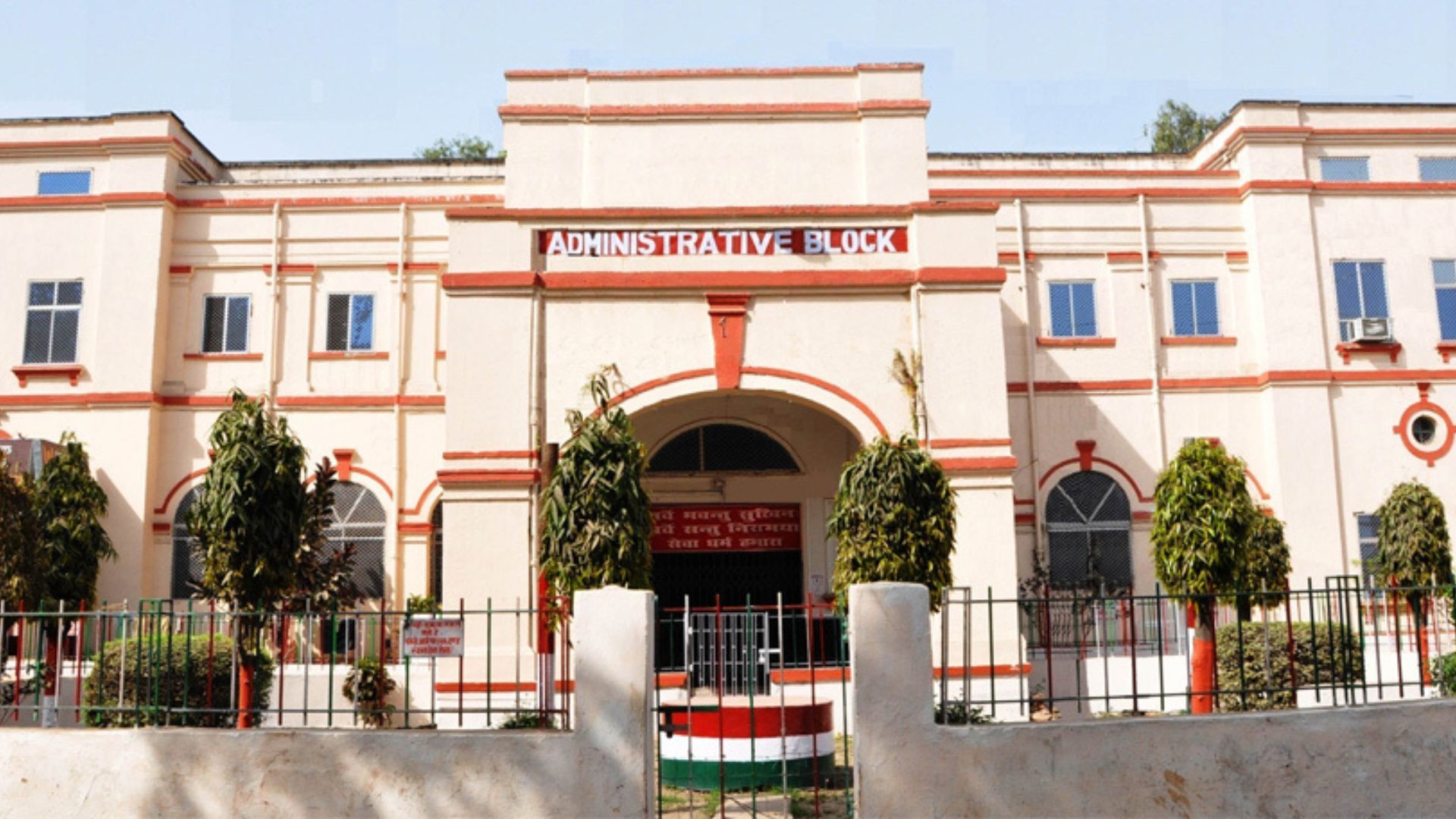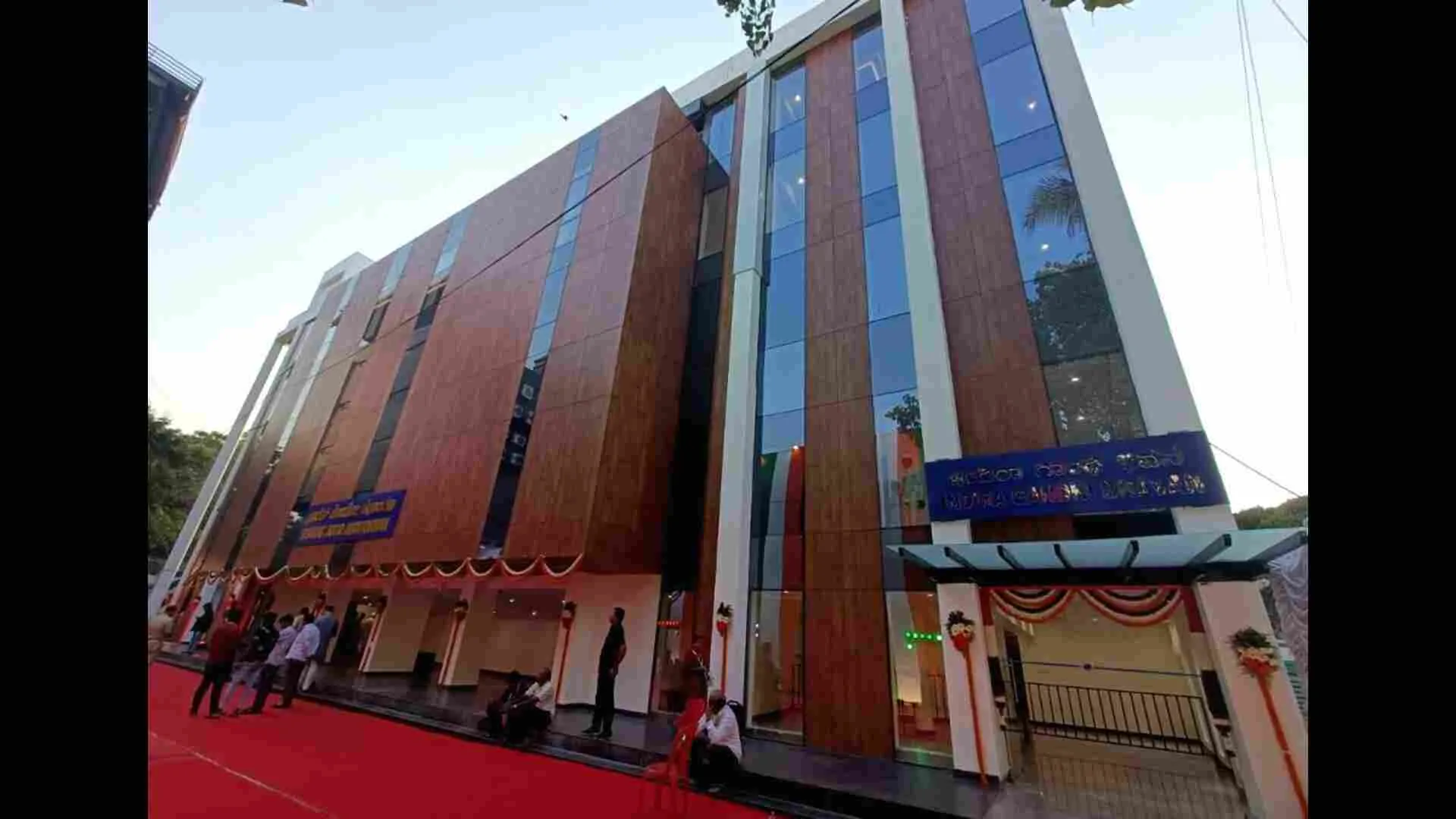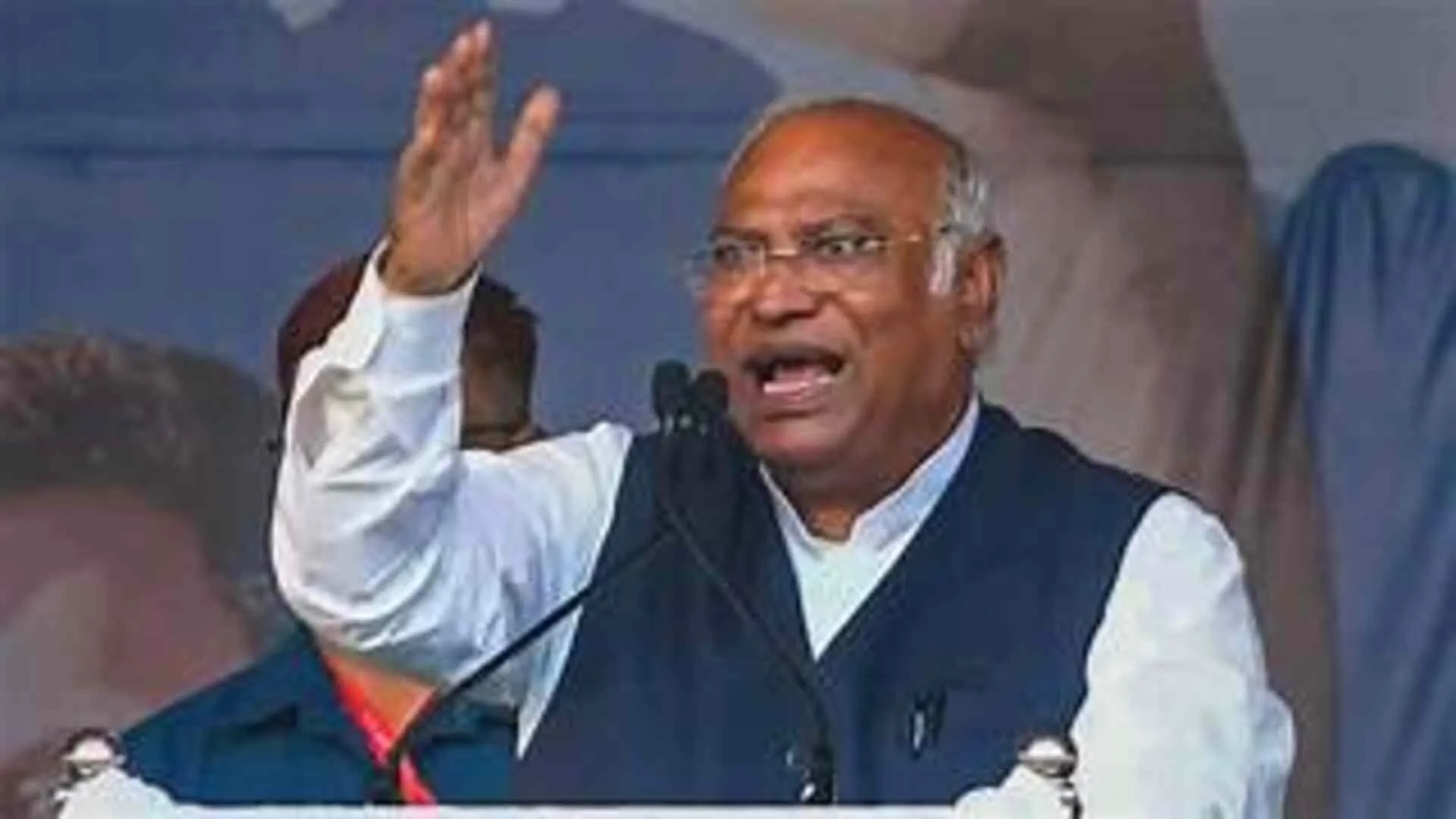On February 1, the Interim Budget 2024 was introduced, outlining that the central government aims to transfer Rs 22,74,541 crore to states and union territories in the fiscal year 2024-25. This reflects an 8.4% increase from the revised estimates of 2023-24.
The transfer to states encompasses the devolution of Rs 12,19,783 crore from the divisible pool of central taxes, grants totalling Rs 8,90,858 crore, and special loans amounting to Rs 1,30,000 crore earmarked for capital expenditure.
Finance Minister Nirmala Sitharaman presented the Interim Budget for 2024-25 in Parliament on Thursday, forecasting the devolution of taxes to states at 12.20 trillion rupees, indicating a 10.4% increase compared to the previous year.
In the Budget projection for 2024-25, a 5.7% year-on-year decrease is anticipated in the transfer of Finance Commission grants to states, amounting to 1.32 trillion rupees. Conversely, other transfers are expected to rise by 7.1%, reaching 6.81 trillion rupees.
In adherence to the recommendations of the 15th Finance Commission, the Centre is obligated to devolve 41% of the divisible pool of taxes to the states and Union territories.
During a General Election year, the current government introduces an Interim Budget to Parliament. Upon the installation of the new government, it subsequently presents the complete full Budget. In the Interim Budget, a Vote on Account is approved for a portion of the fiscal year, providing provisional financial provisions until the formal approval of the regular Budget.
A Vote on Account is a constitutional provision where the Lok Sabha grants permission for the government to expend funds for a specific duration of the fiscal year until the approval of a regular Budget. This mechanism is designed to prevent the outgoing government from implementing significant policy or tax alterations that might impact voters during a transitional period.
“Our Government stands ready to assist the states in faster development of aspirational districts and blocks, including generation of ample economic opportunities,” said Sitharaman.
The Finance Minister stated that the scheme of a fifty-year interest-free loan for capital expenditure to states will be continued this year with a total outlay of 1.3 lakh crore.
She also added that at the same time, the tax base of GST more than doubled and the average monthly gross GST collection has almost doubled to Rs. 1.66 lakh crore, this year. States too have benefited. States’ SGST revenue, including compensation released to states, in the post-GST period of 2017-18 to 2022-23, has achieved a buoyancy of 1.22. In contrast, the tax buoyancy of State revenues from subsumed taxes in the pre-GST four-year period of 2012-13 to 2015-16 was a mere 0.72. The biggest beneficiaries are the consumers, as reductions in logistics costs and taxes have brought down the prices of most goods and services.























